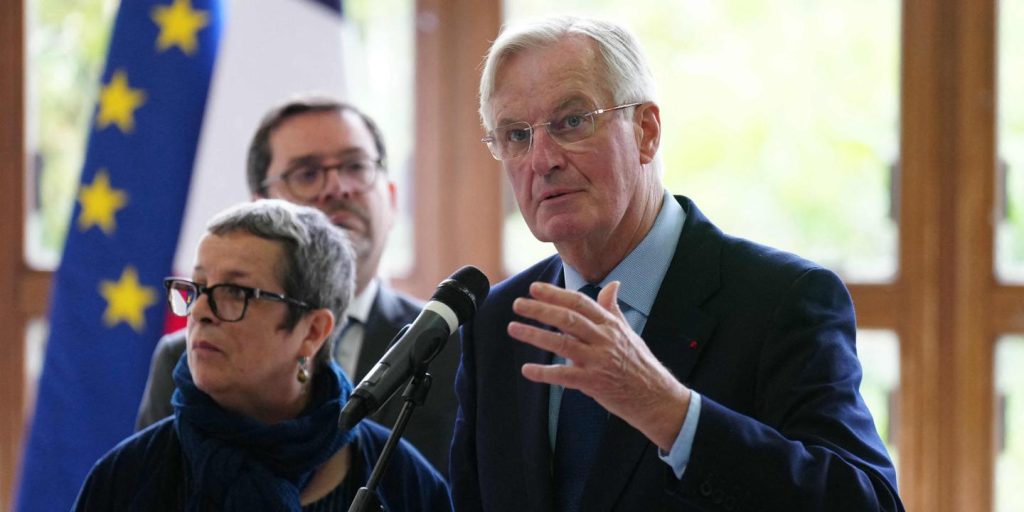In a recent statement, French President Emmanuel Macron emphasized the importance of continuing to industrialize, innovate, and create new jobs in order to prioritize the country’s needs. This came in response to questions regarding the balance between taxation and spending reduction, with the government focusing primarily on the latter to address the deficit. Macron believes that France must remain focused on industrialization, innovation, job creation, and promoting employment opportunities as key priorities for the nation.
The Medef, France’s leading employers’ organization, expressed concerns about the projected decrease in employer social security contributions as part of the 2025 budget proposal. They feared that this reduction could lead to the loss of “hundreds of thousands” of jobs. Despite this, the French industrial sector’s barometer suggested that while the austerity budget may not be beneficial in the short term, it does maintain key initiatives such as research tax credits, the “flat tax,” and the France 2030 program to support industrial growth.
However, the temporary increase in corporate tax on around four hundred large companies, expected to generate 8 billion euros for the government by 2025, has raised concerns about its potential impact on the overall value chain. Alexandre Saubot, the president of France Industrie, representing thirty-one industrial sectors, warned that this measure could have widespread effects on industry. Additionally, the postponement of a reduction in production tax (CVAE) that was expected to contribute 1.1 billion euros to state revenues has also been viewed unfavorably by businesses.
Another negative aspect of the budget for businesses is the significant reduction in funding for the MaPrimeRénov program, designed to promote energy-efficient renovations in buildings to reduce CO2 emissions and energy bills. This cut is seen as detrimental to efforts to improve energy efficiency and combat climate change in the construction sector. The industrial sector has expressed concerns about these budgetary decisions impacting their operations and overall competitiveness in the market.
Despite these challenges, Macron’s emphasis on the importance of industrialization, innovation, and job creation remains a central focus for the government. The need to balance taxation and spending reduction to address the deficit while supporting industrial growth and employment opportunities is a complex task that requires careful consideration of various factors. As France navigates the economic challenges posed by the global pandemic and shifting market dynamics, it will be crucial to find solutions that promote sustainable industrial development and support the country’s long-term economic stability and prosperity.


